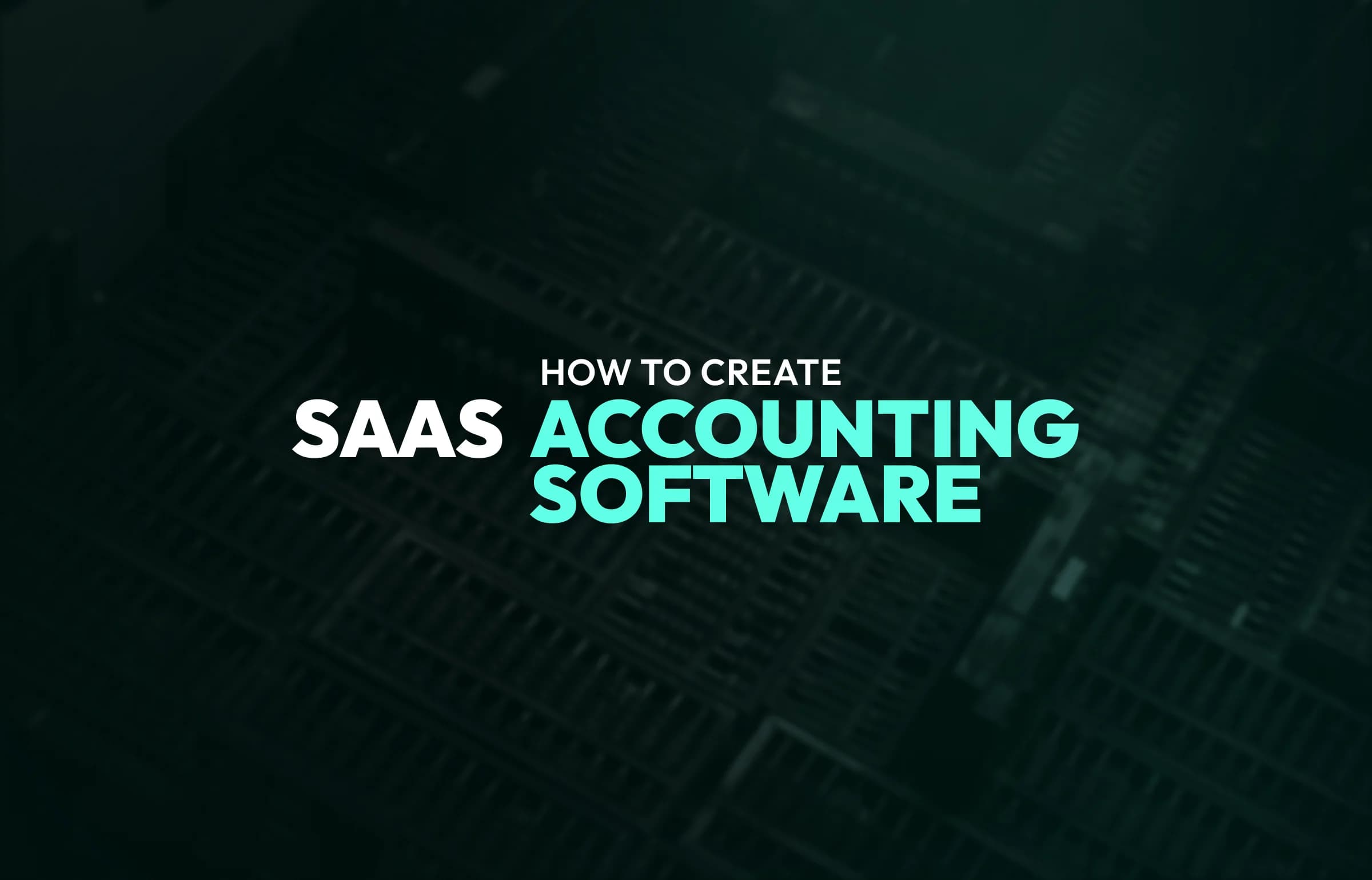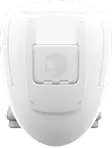
All BEST PHP FRAMEWORKS FOR ECOMMERCE: REVIEW FOR 2020
Updated:April 28, 20255 min read
When choosing the right framework for developing an e-commerce website, we strongly advise you to pay special attention to performance.
The first thing to consider while developing your business in the digital era is making it work online. The eCommerce is growing at a quick pace, providing business owners with numerous opportunities.
Although, building a website for the e-commerce purposes is far from an easy task, as the online shoppers are more experienced now and their requirements are also higher, there are numerous ways to do that starting from simply adding an online shop to the existing website, up to building the site from scratch using PHP frameworks.
If adding e-commerce function may be so easy with all those SaaS and CMS available, you may wonder why bother and implement complex PHP solutions. Our team has the answers, go on reading to find them out.
What is PHP eCommerce framework
Being an extremely popular open-source Server Side Scripting language, PHP transformed complicated websites building into a faster and easier process. PHP frameworks gained their popularity by a high level of OS compatibility, reliable codes and a range of templates and plugins to choose from.
According to W3Techs, among all the server-side scripting languages, PHP is used for building almost 80% of all websites in 2019. Those pretty high figures won’t leave you aside from considering choosing this language
Why Prefer a PHP Framework for e-Commerce?
Here are some of the biggest benefits of using PHP based framework for e-commerce website development we recommend you to consider:
- It’s open-source, so the costs of development and maintenance are lower;
- Think about future growth, enabling further adding of customizable and scalable solutions is what will come in handy;
- Variety of plug-ins, templates, and components you can easily integrate into your website;
- Strong security is guaranteed by the out-of-the-box safety features;
- Mobile optimized and compatible with various operating systems websites can help you enrich your customer base;
- You can rely on getting support and advice from the big developers’ community.
Best PHP framework for e-commerce
As long as the overwhelming majority of the developers opt for PHP, there is no shortage for PHP frameworks available. For the comparison, let’s take a look at the three of them (Symfony, Laravel, and Yii) and overview their pros and cons.
SYMFONY
Symfony is considered to be one of the oldest PHP frameworks as its history goes back to 2005. As time has passed, Symfony has proven its reliability to the developers for being among the most stable frameworks.
The advantages of Symphony include its high flexibility. You can easily integrate it with other projects and install them on different platforms. Another plus is its high performance. The compatibility with operational systems is also great. It also allows for interoperability.
The apparent downside that may occur is difficulty in understanding its mechanism for novices in web development.
LARAVEL
Laravel has a bunch of features that it shares with Symfony. However, this one is claimed to be the most popular open-source PHP framework. It is relatively young, its history started in 2011. Laravel makes such tasks as caching, security, routing, and authentication much easier and developer-friendly.
Among the advantages of Lavarel is the possibility to build complex apps and customization features like data migration and MVC architecture support. Besides, it unsure of the high level of security that is the life force of any eCommerce website.
Being a young and rapidly developing a framework, the developers may find difficulties with new bugs occurrence.
YII
The Yii framework appeared in 2008. It is prominent for using a lazy loading technique that enables high-speed loading time.
As for the pros, Yii can be easily integrated with other frameworks (for example Zend). Besides great performance, it requires a little memory space. Yii offers useful security features including cookie tampering. Due to this, a framework is a good option for the development of e-commerce projects.
Yii is the one with the fastest performance out of the three on our list, if not among all the php frameworks
Unfortunately, Yii doesn’t allow creating complex web apps, thus being the biggest its drawback.
Performance issues
When choosing the right framework for developing an e-commerce website, we strongly advise you to pay special attention to performance. There are several factors having an impact on performance. For example, bad code can have a negative effect.
As for the Performance And The Database correlation, it’s also important to minimize the number of SQL queries hitting the DB servers as much as possible.
Bear in mind to keep your DB structure appropriate, using indexes right, identifying the most widely used tables for reading and which ones used for writing. If we talk about MySQL, you may try to configure storage engines accordingly.
Performance is also affected by such cache systems as Memcache or Redis If multiple servers are involved in your application work, you need to access session data from some common store.
Choosing an E-commerce Platform
In case you feel like you don’t need or want to use PHP frameworks, you can still opt for an eCommerce platform. There is plenty of them, however, they are less geared at meeting the needs of specifically your business.
Choosing the perfectly suiting eCommerce platform may turn out to be a real challenge. Below you can find an overview of the most popular platforms:
MAGENTO
Is there anybody who hasn’t heard about Magento? It is an open-source PHP based structure, which depends on MVC- Model-View-Controller, a sort of hardware liable for security reasons. That is the reason Magento is generally appropriate for E-trade improvement. To make it highly responsive and quick, a refreshed variant Magento 2 came up with some improved component like a far-reaching dashboard.
PRESTASHOP
PrestaShop is among the market’s top online shopping carts. It is a happy medium between the intricate capability of Magento and Shopify’s lovely straightforwardness. Like each of the e-commerce platforms we review in our list, PrestaShop exploits a freemium plan of which implies that it’s allowed to download and utilize it.
PrestaShop programming enables business owners to set up a totally adaptable store in a few minutes, with no additional expenses or income rates that numerous stages charge. In case you will need to add greater usefulness to your site, a great solution may be implementing new specific features Statistics say that more than 250,000 stores worldwide use Prestashop. What is more, PrestaShop comes with 500+ features already built-in.
SHOPIFY
Shopify is a framework produced to create different kinds of e-stores. It is the most prominent system for eCommerce improvement. Shopify is additionally written in the above-mentioned PHP language and empowers a responsive and vigorous plan subject for clients. Shopify, a SaaS (Software as a Service) stage has assisted different showcasing specialists with setting up and run an online store instantly without worrying over innovation. It likewise permits programming bundles that can definitely improve the client experience. No ifs, ands or buts, the Shopify E-trade stage has made significant progress and substantiated itself as a rich and great eCommerce system.
WOOCOMMERCE
This WordPress-based plugin is the most often used structure for E-business. WooCommerce is least demanding in structure and strong in creating. It has ordinary stages for creating e-store and the greater part of the clients thought that it was pretty simple in terms of UI and UX. For Basic and Beginners WooCommerce would be the decision to take into account. WooCommerce and Shopify are the two most broadly used structures ever.
SaaS and CMS solutions are beyond any doubts quick and easy. Every one of these stages is explicitly worked to satisfy the needs of internet business from the ground up. By deciding in favor of an open-source web-based business CMS, you can spare a great deal of introductory creating costs.
To add it all up, choosing a basis for your further development – a framework or CMS – is an essential step that is worth much attention. In case you have to build a business site rapidly including features like SEO, third-party integrations, don’t hesitate to go for a CMS or SaaS solutions. A framework stands for the best choice if you need an online business site where you can have more control, better customization and high security.
If you feel like you need a piece of professional advice – SapientPro is always there for you! Our e-commerce development team has a profound experience with various frameworks and platforms. In case you have any questions or ideas for the future eCommerce project – feel free to drop us a line.



